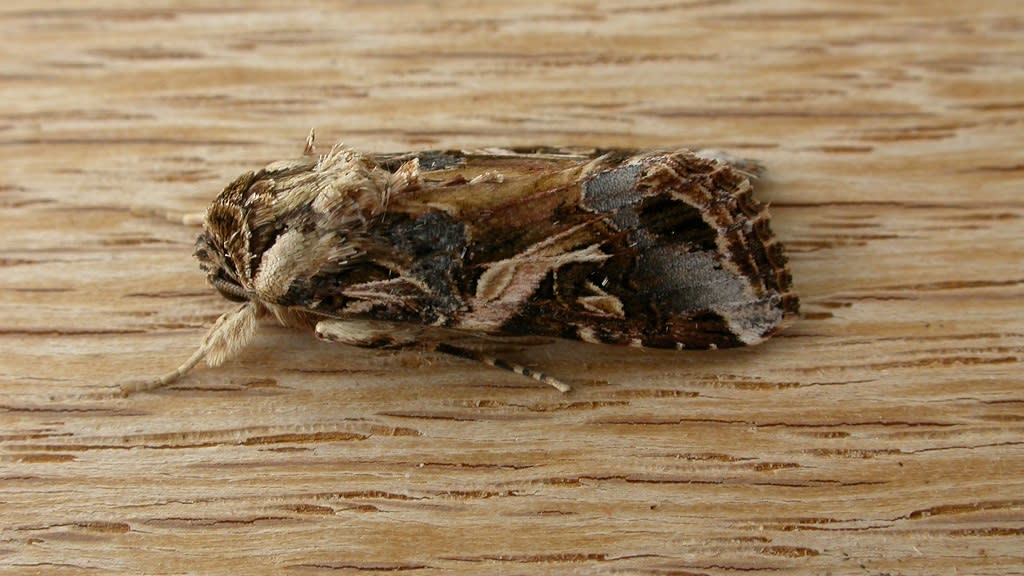Japanese scientists accidentally discover virus in insects that only kills males

[Source]
A group of scientists from Minami Kyushu University in Miyazaki Prefecture, Japan, accidentally discovered a virus that only targets male insects, a discovery that could, one day, potentially help control the populations of disease vectors like mosquitoes.
A caterpillar: The discovery of the virus, later named Spodoptera litura male-killing virus or SLMKV, all happened accidentally after Misato Terao, a research technician at the university, found a green caterpillar, identified as a tobacco cutworm, eating impatiens inside the campus greenhouse, according to The New York Times.
Instead of properly disposing of the intruder, Misato decided to bring the caterpillar to the university’s insect physiologist, Yoshinori Shintani, who thought that it would be a good feeder for the other insects.
Startling discovery: Yoshinori checked back on the caterpillar days later after putting the insect with the others. To his surprise, there were 50 moths that all turned out to be female.
Trending on NextShark: Hachikō, the loyal dog who waited for his owner everyday for 10 years, turns 100
Curious about the findings, Yoshinori decided to breed the female moths from the greenhouse with male moths he found in his home. After going through the process, he discovered that only three males were born in the 13-generation descendants of the moths.
With this new information, Yoshinori and his colleague, Daisuke Kageyama, a researcher at the National Agriculture and Food Research Organization in Japan, believed that they had discovered a “male killer” among their insects.
Going further: Following an experiment to determine the cause of the phenomenon, the group concluded that they were dealing with a virus after the genetic analysis showed telltale signs of one. They also tried to eliminate the “male-killing” effect with antibiotics, which did not yield a positive result as the treatment is only effective against bacteria.
Trending on NextShark: Korean teen’s gravity-defying ‘Slickback’ dance move takes TikTok by storm
Only two kinds of male-killing virus have been documented and SKLMV may have evolved separately, according to The New York Times.
The Japanese scientists noted that the maternally inherited virus they found were from the Partitiviridae family, but they stressed in the study that “it was unknown whether male-killing viruses were restricted to Partitiviridae or could be found in other taxa.”
They also found that SLMKV is infectious and inheritable after some tobacco moths were infected. The result showed that the next generation produced more females, while the following generations contained no males.
Trending on NextShark: Park Seo-joon addresses complaints of short screen time in ‘The Marvels’
The scientists believed that the virus’s effect was reignited due to the caterpillar’s environment being in the perfect climate – not too cold for the tobacco cutworms and not too hot for the SLMKV.
Sharing the news: After the discovery, Yoshinori, Daisuke, Misato and other researchers documented their findings in a study published in The Proceedings of the National Academies of Sciences (PNAS) on Monday.
Potential controller: The latest discovery could help control the population of the agricultural pests to which the tobacco worms are related.
Trending on NextShark: Video of S. Korean train station’s plus-size sign sparks 'fatphobia' discussion
This discovery could also help push forward the quest to find a “female killer” that could prove useful in keeping the population of disease vectors like mosquitoes under control.
Trending on NextShark: Japanese scientists accidentally discover virus in insects that only kills males

